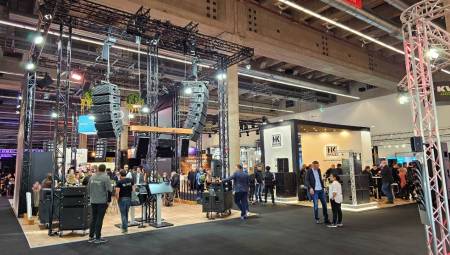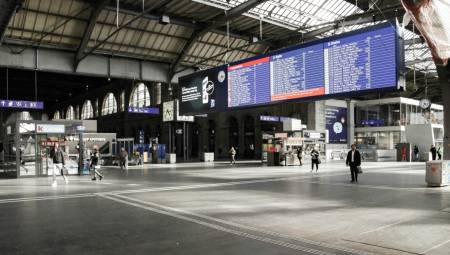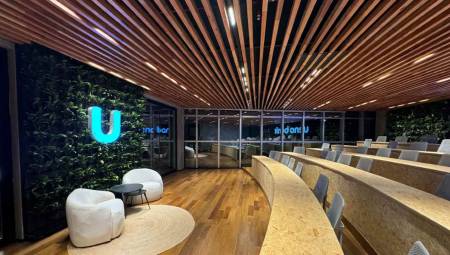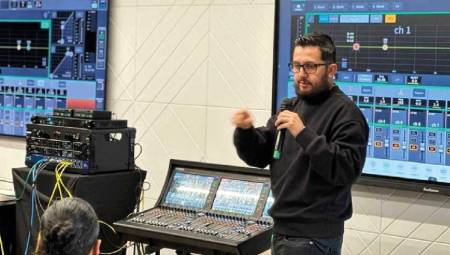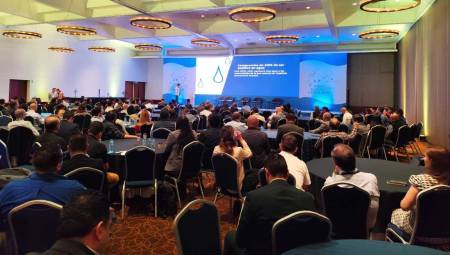 Latin America. Smart cities are defined as cities that apply ICT to improve the quality of life and accessibility of their inhabitants, ensuring sustainable economic, social and environmental development in permanent improvement.
Latin America. Smart cities are defined as cities that apply ICT to improve the quality of life and accessibility of their inhabitants, ensuring sustainable economic, social and environmental development in permanent improvement.
Thus defined, we are faced with highly ambitious projects that seek to respond to the great challenges of cities such as energy supply, the reduction of CO2 emissions, mobility planning or the provision of health and security services, among others.
Many times smart city projects are approached from a comprehensive perspective. Undoubtedly, that is the ultimate goal: to generate cities with brains, whose parts work in a connected and organized way. But it is also possible to start processes of generation of smart cities, step by step, focusing on specific areas that can be buildings (smart building), security, mobility, public services (parking, lighting, waste control), connectivity, etc.
They all have in common the intensive use of technology, devices, sensors, apps, IT/OT networks, outside and inside the facilities, connected to the IoT environment so that managers can make the best decisions and make their cities more efficient and, consequently, that their citizens are more satisfied.
This communication has to be developed in a double direction, from the different areas of the city to its managers and from these to the citizens so that they have the necessary information to develop their day to day with comfort and efficiency.
From this point of view, the first step to provide 'intelligence' to a city is to deploy communication infrastructures that incorporate sensors and IoT applications together with intelligent analysis and management systems. An area in which Ikusi has a recognized experience to which it adds the ability to improve the operation of multiple systems that increase the efficiency of managers and the comfort of users through deployment, and integration into intelligent platforms, systems focused on the security of facilities and people, unified communications, access control, video surveillance, accreditation management, voice, fire detection and extinction, etc.
This proposal is applicable to multiple areas, from the so-called smart building to facilities with challenging access, transit and logistics conditions such as airports, ports, stations, department stores, hospitals, hotel complexes, etc. We are referring to demanding environments that need to provide 'intelligence' to another primary area: security.
Also in this area, the platforms and technological systems of video surveillance, data processing and storage, reliable network infrastructure or integrated communications allow to connect all the actors involved. The objective: to improve security indices and consequently the quality of life of citizens and therefore take advantage of these devices to give an intelligence approach to cities using existing resources
From Ikusi we make available to the development of smart cities our experience in network connectivity, cybersecurity and digitalization services to make efficient, secure and transform operational processes, in this case of cities, uniting the best of the IT and OT worlds.
Text written by , Commercial Manager of Ikusi integration and engineering projects in Latam.




